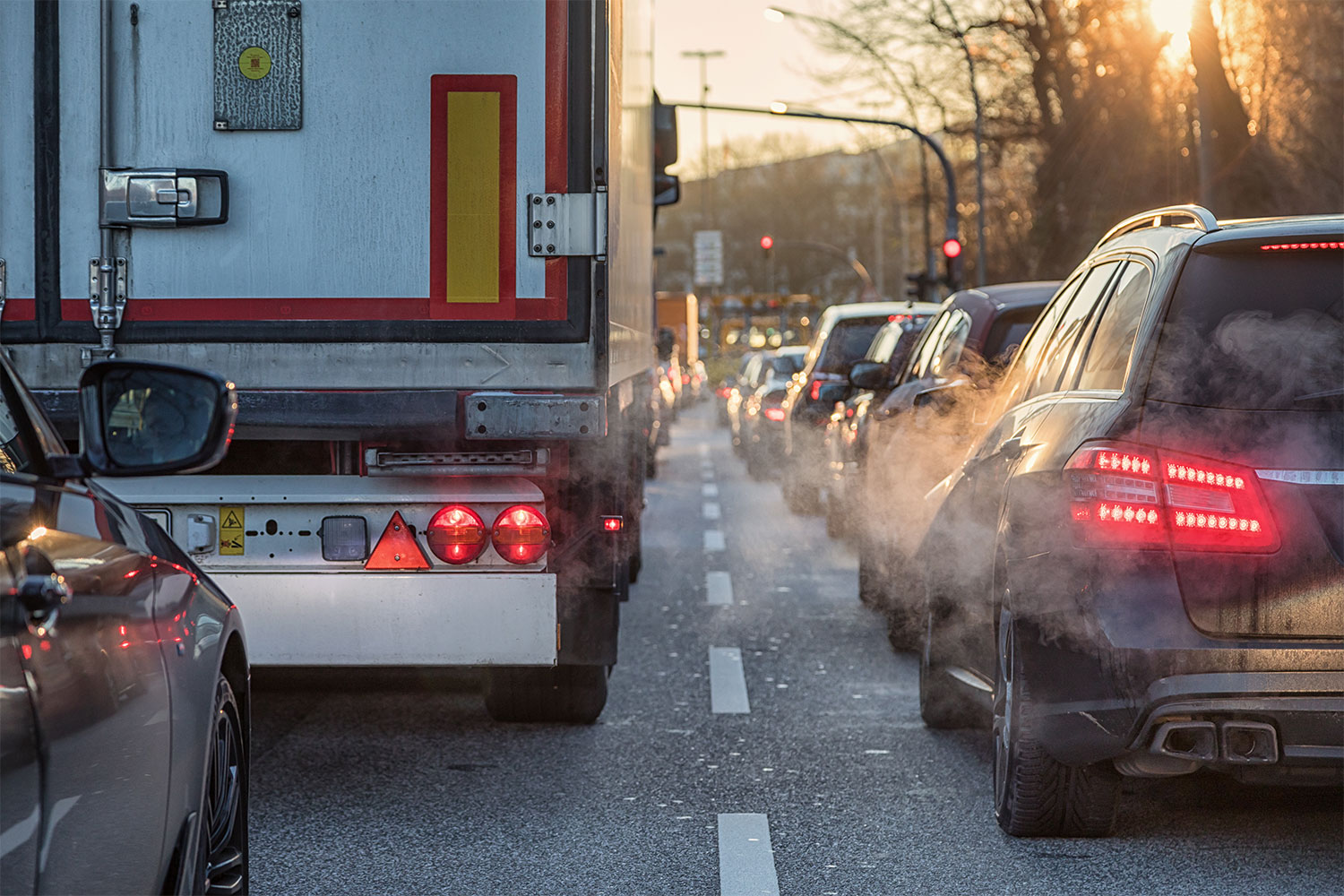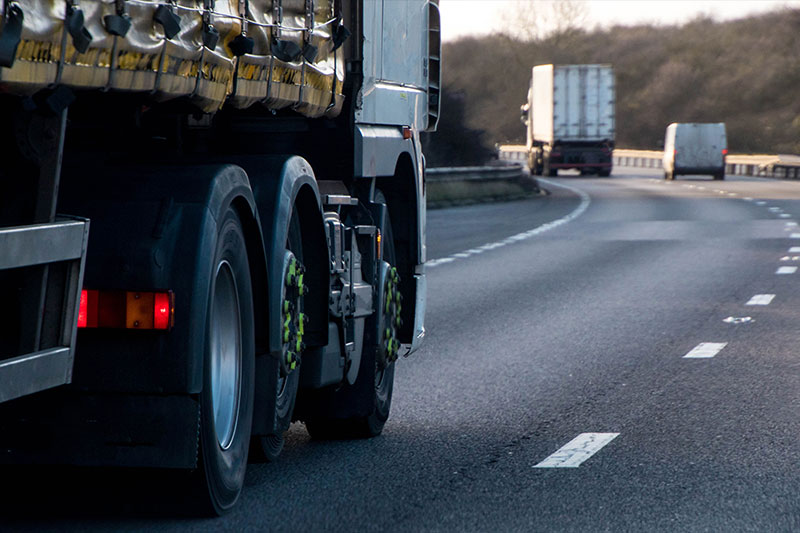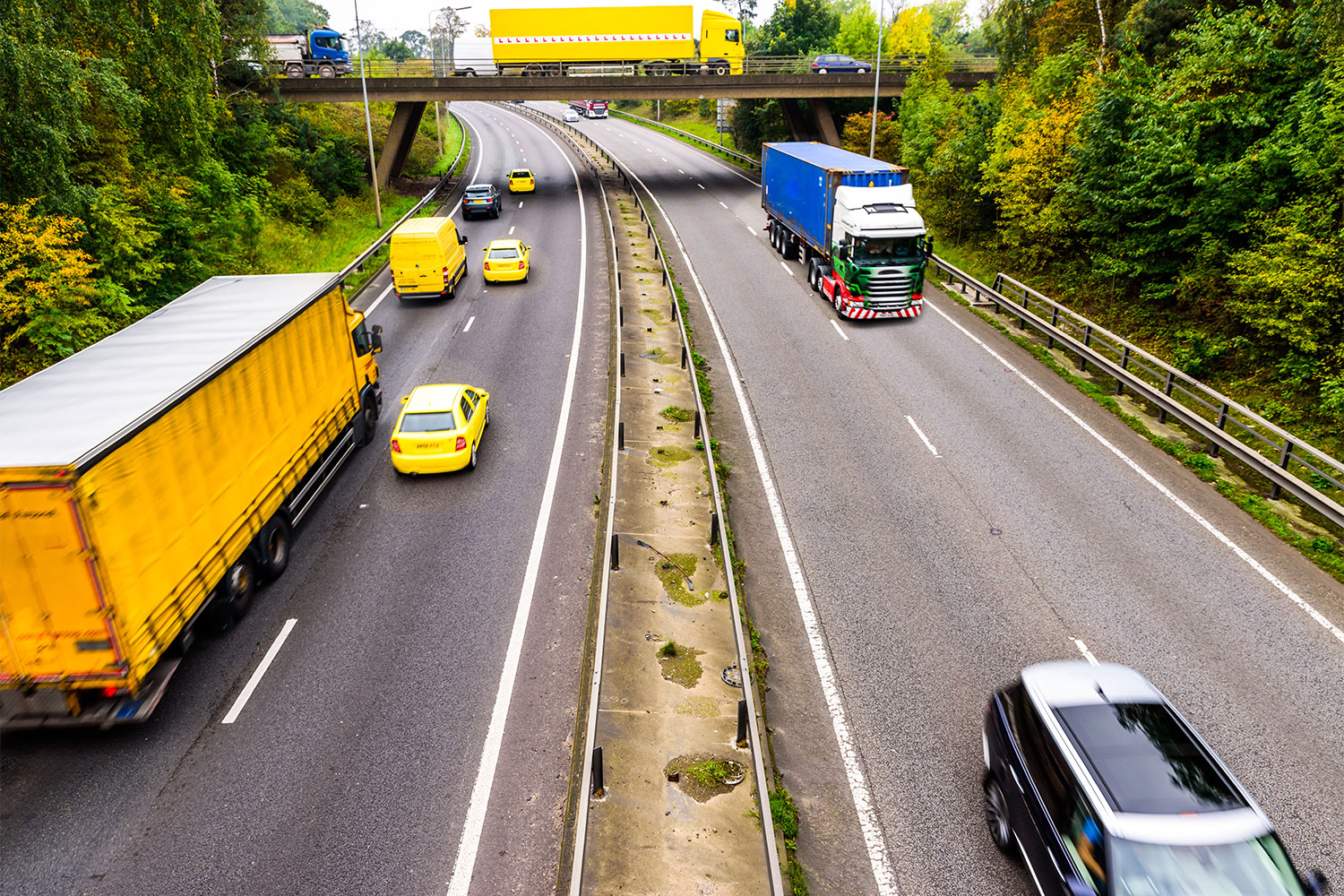In a significant move towards achieving its net-zero commitments, the UK government has announced a £200 million investment to promote innovation and reduce carbon emissions in the freight sector. The funding is set to roll out up to 370 zero-emission heavy goods vehicles (HGVs) across the country, create new jobs, and build crucial infrastructure. This monumental investment aligns with the government’s vision of a greener, more sustainable future while avoiding food price hikes caused by fluctuating petrol costs.
The Challenge of Decarbonising Freight
The decision to invest £200 million in the decarbonisation of freight vehicles comes at a crucial time. Heavy goods vehicles (HGVs) alone are responsible for a staggering 20% of all transport emissions in the UK. To meet the country’s net-zero goals, addressing this issue is imperative. The funding is distributed across four innovative green projects designed to reduce emissions and promote innovation in the freight sector.
Crucial Infrastructure Development
One of the key components of this initiative is the development of essential infrastructure. Delivered in partnership with Innovate UK, the government’s £200 million investment will not only support the purchase of zero-emission HGVs but also create around 57 refuelling and electric charging sites. This infrastructure is vital for the haulage sector to make the transition to zero emissions. It’s these charging and refuelling sites that will facilitate the decarbonisation of the industry.
Driving Innovation and Creating Jobs
The funding from the government will not only reduce carbon emissions but also drive innovation and create new employment opportunities. Roads Minister Richard Holden visited Voltempo in Birmingham, one of the recipients of the £200 million. Voltempo’s eFREIGHT 2030 project is expected to generate up to 200 new jobs by 2030 and establish one of the UK’s first electric vehicle charging hubs dedicated to HGVs in Birmingham. This highlights how the investment has the potential to revitalise local economies and employment prospects.
Aiding Grocery Companies and Consumers
Beyond the environmental benefits, the funding also aids grocery companies such as Sainsbury’s and Marks & Spencer in reducing their transport emissions. This not only aligns with their corporate sustainability goals but also safeguards them from the rising delivery costs associated with fluctuating petrol and diesel prices. In essence, this investment can help prevent price hikes across supermarkets, ensuring consumers have access to affordable food and groceries.
A Multifaceted Approach
This government initiative is part of a broader commitment to make the right long-term decisions for a sustainable future. Decarbonising the freight sector is a pivotal aspect of building a sustainable future and achieving net-zero commitments in a practical and cost-effective manner that also promotes economic growth and job creation.
Project Recipients and Key Figures
In addition to Voltempo, several other projects will benefit from the £200 million investment. These include Project Electric Freight-way by GRIDSERVE, Project Zero Emission North (ZEN) Freight, and Hydrogen Aggregated Logistics (HyHAUL) by Protium. The funds allocated to these projects demonstrate the government’s commitment to supporting diverse and innovative approaches to reducing emissions.
Ministerial Support and Industry Response
Roads Minister Richard Holden highlighted the importance of the freight and logistics industry, emphasising the need for support and recognition. Meanwhile, Decarbonisation Minister Jesse Norman underlined the UK’s leading role in global efforts to reach net-zero, applauding the investment as a significant milestone.
The Road Haulage Association, represented by Richard Smith, welcomed the initiative, emphasising that it significantly reduces the risks associated with the transition to net zero. The real-world demonstrations funded by the government will help answer practical questions and provide confidence for operators to invest in zero-emission lorries.
Support for Innovation and Green Tech
In addition to the £200 million investment, the government has unlocked an additional £2.4 million through the Freight Innovation Fund (FIF). This fund aims to encourage small and medium-sized enterprises to develop innovative solutions that make freight more sustainable, efficient, and resilient.
The FIF Accelerator, open for applications, will help up to 10 small and medium enterprises develop new ways to make freight greener, more efficient, and more resilient. This demonstrates the government’s commitment to driving innovation and sustainability in the freight and logistics industry.
Calls for Evidence and Further Support
The government is taking a comprehensive approach to decarbonising the freight industry. This includes two calls for evidence:
- Development of the Zero Emission HGV and Coach Infrastructure Strategy: This initiative aims to ensure the delivery of the infrastructure required to meet the 2035 and 2040 phase-out dates for non-zero emission HGVs. It will be published in 2024.
- Volumetric Concrete Mixers (VCMs): This call for evidence will consider the future of weight allowances for VCMs beyond the current deadline of 2028, with a focus on reducing waste, limiting costs, ensuring fair competition, and maintaining road safety.
Promoting Modal Shift
To further support decarbonisation efforts, the government will explore ways to shift freight from road to rail or water. This includes a review of the Mode Shift Revenue Support and Waterborne Freight Grant to ensure a greener and more efficient freight transport system.
Generation Logistics Initiative
The government is investing £645,000 over two years in Year 2 of Generation Logistics, led by CILT and Logistics UK. This initiative focuses on raising awareness of the logistics sector and its career opportunities, particularly among young people in schools and colleges. The goal is to increase recruitment and retention of a skilled and diverse workforce, emphasising the importance of the logistics sector to the UK economy.
The UK government’s £200 million investment to drive innovation and decarbonise the freight sector marks a significant step towards achieving net-zero emissions. By supporting the adoption of zero-emission HGVs, developing essential infrastructure, and fostering innovation, the initiative not only benefits the environment but also the economy and consumers. The multifaceted approach, coupled with industry support and calls for evidence, demonstrates the government’s commitment to creating a greener, more sustainable future for the UK’s freight and logistics industry.





